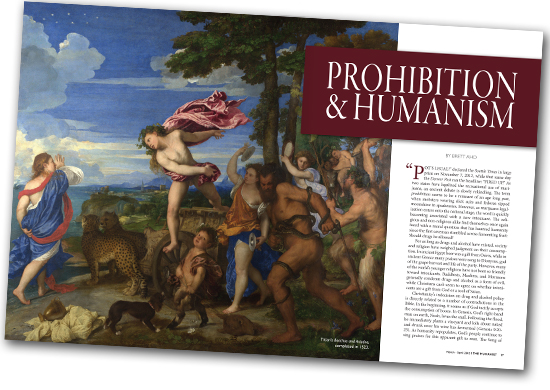 Democracy Now | A new book by legal scholar and civil rights advocate Michelle Alexander argues that although Jim Crow laws have been eliminated, the racial caste system it set up was not eradicated. It’s simply been redesigned, and now racial control functions through the criminal justice system.
Democracy Now | A new book by legal scholar and civil rights advocate Michelle Alexander argues that although Jim Crow laws have been eliminated, the racial caste system it set up was not eradicated. It’s simply been redesigned, and now racial control functions through the criminal justice system.JUAN GONZALEZ: President Obama’s election a year and a half ago continues to be lauded for ushering in a new era of colorblindness. The very fact of his presidency is regarded by some as the final nail in the coffin of Jim Crow. Yet, today there are more African Americans under correctional control, whether in prison or jail, on probation or on parole, than there were enslaved in 1850. And more African American men are disenfranchised now because of felon disenfranchisement laws than in 1870.
A new book by legal scholar and civil rights advocate Michelle Alexander argues that although Jim Crow laws have been eliminated, the racial caste system it set up was not eradicated. It’s simply been redesigned, and now racial control functions through the criminal justice system.
AMY GOODMAN: We’re joined now from Columbus, Ohio by Michelle Alexander, author of the new book The New Jim Crow: Mass Incarceration in the Age of Colorblindness. Her latest article exploring how the war on drugs gave birth to what she calls a permanent American undercaste is available at tomdispatch.com. She’s a former director of the Racial Justice
Project at the ACLU of Northern California. She now holds a joint appointment at the Kirwan Institute for the Study of Race and Ethnicity and the Moritz College of Law at Ohio State University.
Michelle Alexander, welcome to Democracy Now! Nearly half of America’s young black men are behind bars or have been labeled felons for life? That’s an astounding figure. Also, what does it mean in terms of their rights for the rest of their lives?
MICHELLE ALEXANDER: Yes, thanks largely to the war on drugs, a war that has been waged almost exclusively in poor communities of color, even though studies have consistently shown that people of color are no more likely to use or sell illegal drugs than whites. The war on drugs waged in these ghetto communities has managed to brand as felons millions of people of color for relatively minor, nonviolent drug offenses. And once branded a felon, they’re ushered into a permanent second-class status, not unlike the one we supposedly left behind. Those labeled felons may be denied the right to vote, are automatically excluded from juries, and my be legally discriminated against in employment, housing, access to education, public benefits, much like their grandparents or great grandparents may have been discriminated against during the Jim Crow era.
JUAN GONZALEZ: Well, you mention that the—in the war on drugs, four out of five people arrested have actually been arrested for use of drugs, not for—or possession or use of drugs, not for the sale of drugs. Could you talk about how the—both political parties joined in this increasing incarceration around drug use?
MICHELLE ALEXANDER: That’s right. The war on drugs, contrary to popular belief, was not declared in response to rising drug crime. Actually, the war on drugs, the current drug war, was declared in 1982 by President Ronald Reagan at a time when drug crime was actually on the decline. A few years later, crack cocaine hit the streets in poor communities of color across America, and the Reagan administration hired staff to publicize crack babies, crack mothers, crack dealers in inner-city communities, in an effort to build public support and more funding, and ensure more funding, for the new war that had been declared. But the drug war had relatively little to do with drug crime, even from the outset.
The drug war was launched in response to racial politics, not drug crime. The drug war was part of the Republican Party’s grand strategy, often referred to as the Southern strategy, an effort to appear—appeal to poor and working-class white voters who were threatened by, felt vulnerable, threatened by the gains of the civil rights movement, particularly desegregation, busing and affirmative action. And the Republican Party found that it could get Democrats—white, you know, working-class poor Democrats—to defect from the Democratic New Deal coalition and join the Republican Party through racially coded political appeals on issues of crime and welfare.





